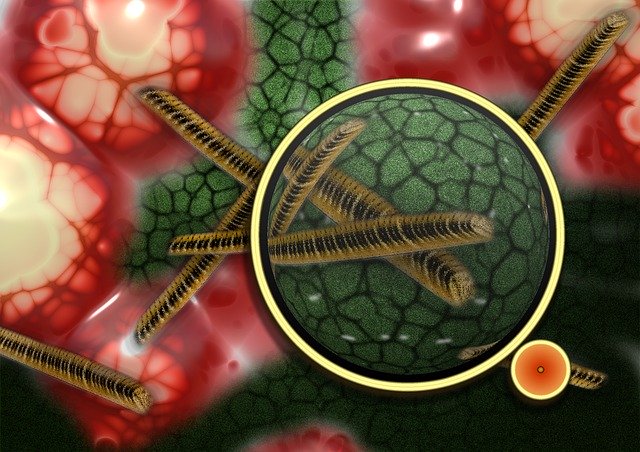Scientists have linked a lost gut microbe to ulcerative colitis, opening the door to possible new treatment.
A team of scientists from Stanford University School of Medicine, California, identified a missing gut microbe in some people. This finding may be key why some people develop ulcerative colitis.
Ulcerative colitis
The National Institute of Diabetes and Digestive and Kidney Diseases notes that ulcerative colitis is a type of inflammatory bowel disease.
It causes inflammation and sores in a person’s large intestine, which can cause abdominal pain, weight loss, diarrhea that contains pus or blood, and other problems.
Symptoms of ulcerative colitis can range from mild to severe, and there is currently no cure. Instead, treatments focus on keeping the disease in remission for as long as possible.
Treatment usually begins with medications, but if they don’t work, surgery may be necessary.

Intestinal microbes
In the intestines, bacteria convert these bile acids into secondary bile acids.
Scientists were able to identify a specific bacterial family called Ruminococcaceae that was underrepresented in people with ulcerative colitis.
Ruminococcaceae bacteria are the main type of microbe that converts primary bile acids into secondary bile acids.
As dr. Aida Habtezion, associate professor and lead author of the study: “All healthy people have Ruminococcaceae in their intestines. But in bag patients, membe[colitis ulcerosa]rs of this family were significantly exhausted.”
In helping to confirm their findings, the researchers found that stool samples from participants with FAP converted primary bile acids into secondary bile acids, while samples from those with ulcerative colitis did not Made.
The team then administered acid supplements to mice that had ulcerative colitis to replace missing secondary bile acids. This reduced inflammation and normal symptoms of colitis in mice.
“This study helps us better understand the disease,” says Dr. Habtezion.
We hope it will also lead to us being treated with a naturally produced metabolite that is already present in large quantities in a healthy gut
Dr. Aida Habtezion






